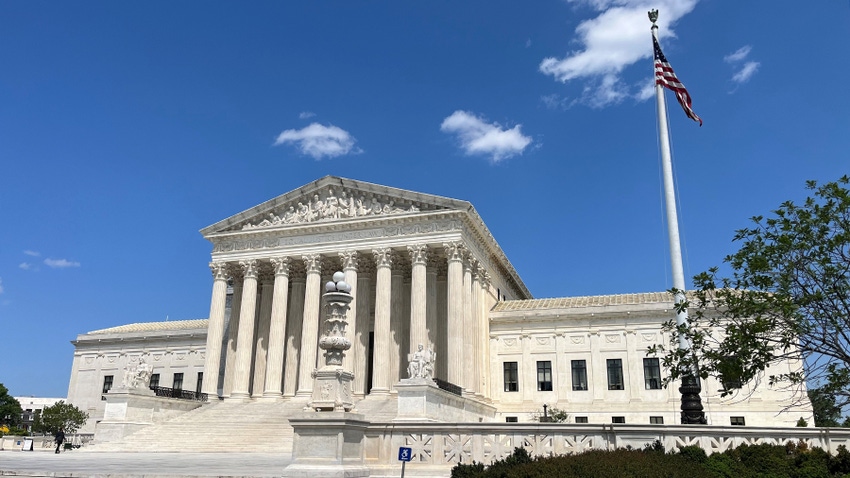Supreme Court will not reconsider North Carolina ‘ag-gag’ law
Decision allows PETA victory to stand, allowing employees to make undercover recordings.

The U.S Supreme Court decided Monday not to weigh in on a controversial North Carolina “ag-gag” law. The ruling effectively upholds an appellate court’s decision to strike down part of the state’s 2015 Property Protection Act.
That law allows employers to sue employees for making recordings on company property and using them to “breach the person’s duty of loyalty to the employer.” It was enacted in large part to prevent activist groups from posing as employees to document claims of abuse and unethical practices. Those violating the law face $5,000 per day in fines. The law is similar to other “ag-gag” laws enacted in other states.
Republican Gov. Pat McCrory vetoed the law in 2015. He feared it would prevent whistleblowers from revealing things like the abusive practices at nursing homes. The GOP-led state legislature did not share his concerns and overrode the veto.
PETA, along with several other animal rights groups, sued North Carolina in 2015 on the grounds that the law violated the U.S. Constitution. They contended the law prevented investigations of employers for illegal or unethical practices. For example, PETA officials say it dissuaded them from conducting an undercover investigation of University of North Carolina testing labs.
The case was initially dismissed in 2018 before an appellate court ruled the lawsuit should proceed. A federal judge ruled in 2020 that four parts of the Property Protection Act were unconstitutional.
In February 2023, the Fourth U.S. Circuit Court of Appeals decided that judge went too far. However, by a 2-1 margin, the appellate judges ruled the animal rights groups were constitutionally protected if they were conducting undercover “news” investigations.
North Carolina Attorney General Josh Stein and the North Carolina Farm Bureau pushed the Supreme Court to hear the case. According to Stein, who is currently running for governor, resolving the conflict would have given states needed guidance to reinforce private property rights consistent with the First Amendment.
Jake Parker, the secretary and general counsel for the North Carolina Farm Bureau, called the high court’s decision to pass on the case both disappointing and troubling.
“Farmers and other North Carolina businesses are now more vulnerable to having their farms, offices and facilities infiltrated by fake employees and double agents,” Parker says. “Hopefully, the (North Carolina) General Assembly will step up again and protect our fundamental rights to privacy and property. Meanwhile, farmers and other business owners should consider themselves activist targets and take caution when hiring new employees.”
About the Author(s)
You May Also Like





